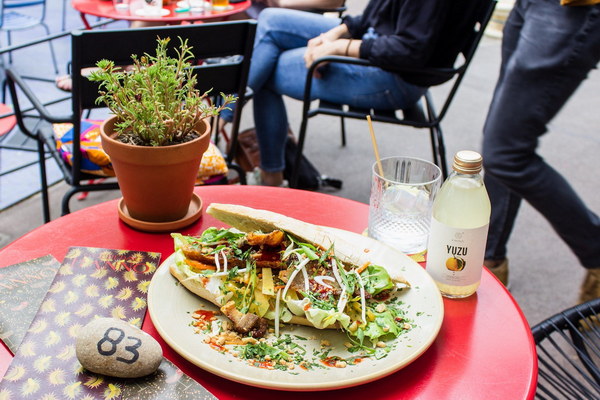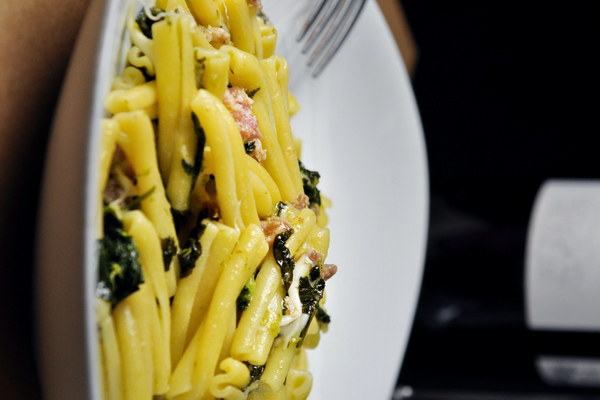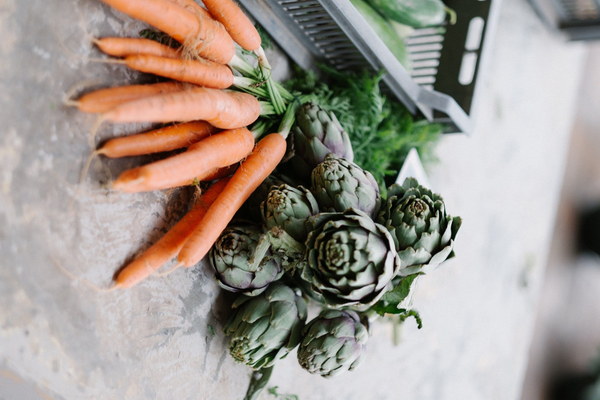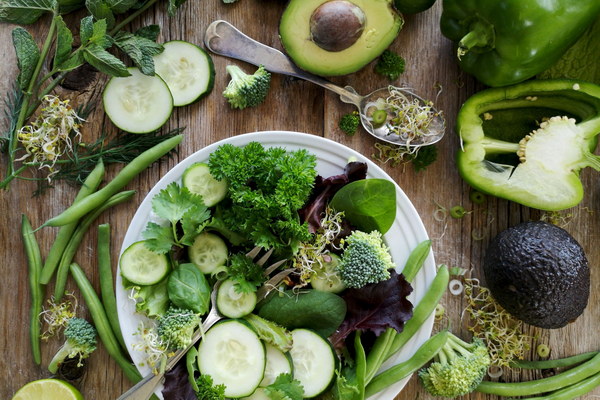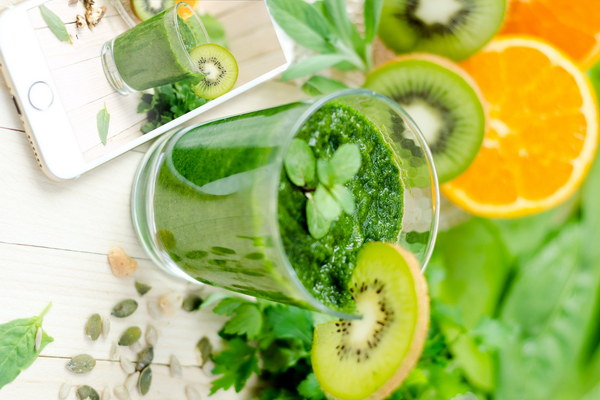Unveiling the Royal Secrets of Health A Journey into Imperial Wellness Practices
In the heart of ancient China, where history and tradition intertwine with the pursuit of longevity, lies the enigmatic world of imperial wellness. Known as Gongting Yangsheng in Chinese, this royal art of self-care has been passed down through generations, offering a treasure trove of health and vitality secrets. Let us embark on a captivating journey into the imperial courts and uncover the time-honored wisdom that has kept emperors and their courts in peak condition for centuries.
The foundation of Gongting Yangsheng lies in the belief that the body is an intricate balance of the five elements—wood, fire, earth, metal, and water. Each element corresponds to a specific organ, and maintaining harmony among them is crucial for overall health. Emperors and their courtiers were guided by skilled healers who meticulously crafted personalized wellness regimens to ensure the balance of these elements.
One of the cornerstones of Gongting Yangsheng is dietary discipline. Emperors adhered to a carefully curated diet that emphasized the consumption of fresh, seasonal ingredients. This philosophy is rooted in the understanding that food should be a source of nourishment, not merely sustenance. Renowned for its culinary finesse, imperial cuisine was not only a testament to the emperor's wealth and power but also a means to maintain health and vitality.
The inclusion of medicinal herbs in the diet was another hallmark of Gongting Yangsheng. These herbs were thought to possess healing properties that could address various health concerns. One such herb, ginseng, was considered the root of life and was revered for its ability to boost energy and longevity. Emperors were often seen consuming ginseng-infused tonics and elixirs to fortify their bodies against the rigors of court life.
Physical activity was another integral aspect of Gongting Yangsheng. Emperors and their courtiers engaged in a variety of exercises, including tai chi, qigong, and martial arts. These practices were designed to harmonize the body, mind, and spirit, promoting inner peace and vitality. Tai chi, in particular, was revered for its ability to enhance balance, flexibility, and mental clarity.

In addition to diet and exercise, Gongting Yangsheng emphasized the importance of mental and emotional well-being. Emperors were encouraged to cultivate positive thoughts and emotions, as negative feelings were believed to disrupt the body's delicate balance. Meditation, mindfulness, and the appreciation of art and music were all deemed essential in maintaining a serene and healthy state of mind.
The use of natural remedies and treatments was another distinguishing feature of Gongting Yangsheng. Emperors and their courtiers sought relief from ailments through the application of herbal poultices, balms, and other topical treatments. These remedies were often concocted using ingredients found in the royal gardens, ensuring their purity and effectiveness.
In conclusion, Gongting Yangsheng represents a profound and holistic approach to health and wellness that has stood the test of time. By focusing on the balance of the five elements, dietary discipline, physical activity, mental and emotional well-being, and natural remedies, emperors and their courts were able to maintain their health and vitality for years. Today, we can draw inspiration from these royal secrets and incorporate them into our own lives to achieve a similar state of wellness.
As we delve into the world of imperial wellness, we are reminded that the pursuit of health and longevity is not just a modern phenomenon. For centuries, emperors and their courts have been setting the standard for holistic wellness, leaving us with a timeless legacy of health and vitality. Embrace the wisdom of the past and unlock the secrets to a healthier, happier life.



